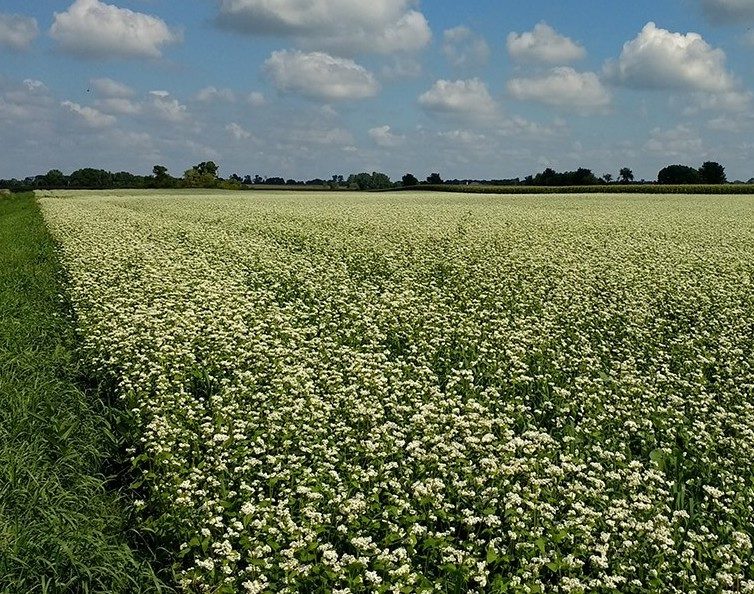URBANA, Ill. – The University of Illinois at Urbana-Champaign has announced the Illinois Regenerative Agriculture Initiative (IRAI), a new home for regenerative agriculture research, education, and outreach. The IRAI launches this fall with grant support from Fresh Taste, bringing together researchers on campus and stakeholders in Illinois and beyond to create agriculture and food systems resilient to climate change, improve soil and water quality, support healthy communities, and enhance food security.
“The aim of regenerative agriculture is to advance the triple bottom line in agriculture — productivity, profitability, and environmental health — in a way that enhances food security, reinvigorates rural and urban communities, and restores the natural systems that life depends on,” says Adam Davis, Head of the Department of Crop Sciences at Illinois and lead investigator on the Fresh Taste grant.
Regenerative agriculture distinguishes itself from, and yet encompasses, other conventional and sustainable approaches, such as organic production and no-till. Rather than dictating specific on-farm practices, regenerative agriculture is laser-focused on metrics and outcomes.
“Regenerative agriculture is about moving the needle, offering an opportunity for practitioners to measure progress from wherever they’re starting out. Rather than excluding people for using certain practices, we’re pitching a big tent, focusing on whatever it takes to get to greater biodiversity, soil quality, resilience, and equity in human communities,” he says.
IRAI is offering multiple seed grants in an open request for proposals (RFP). These competitive grants will be awarded to interdisciplinary teams composed of Illinois scholars and farming or food-system stakeholders who address key metrics of regenerative agriculture: soil health parameters; on-farm biodiversity; or community health and resilience.
The Institute for Sustainability, Energy, and Environment (iSEE), an interdisciplinary research institute at Illinois, oversees IRAI, along with leaders from the Department of Crop Sciences, the College of Agricultural, Consumer and Environmental Sciences (ACES), and University of Illinois Extension.







Post a comment
Report Abusive Comment